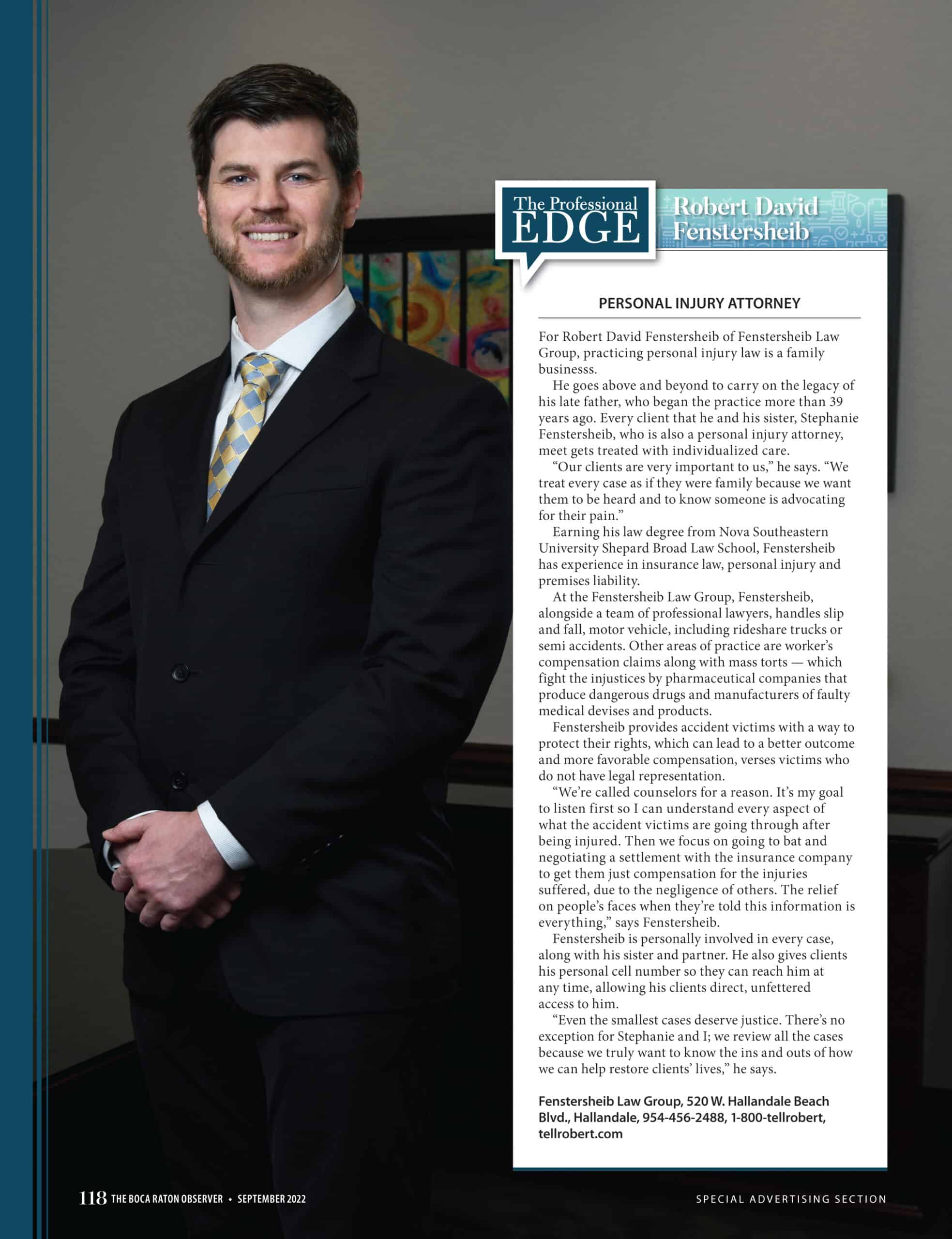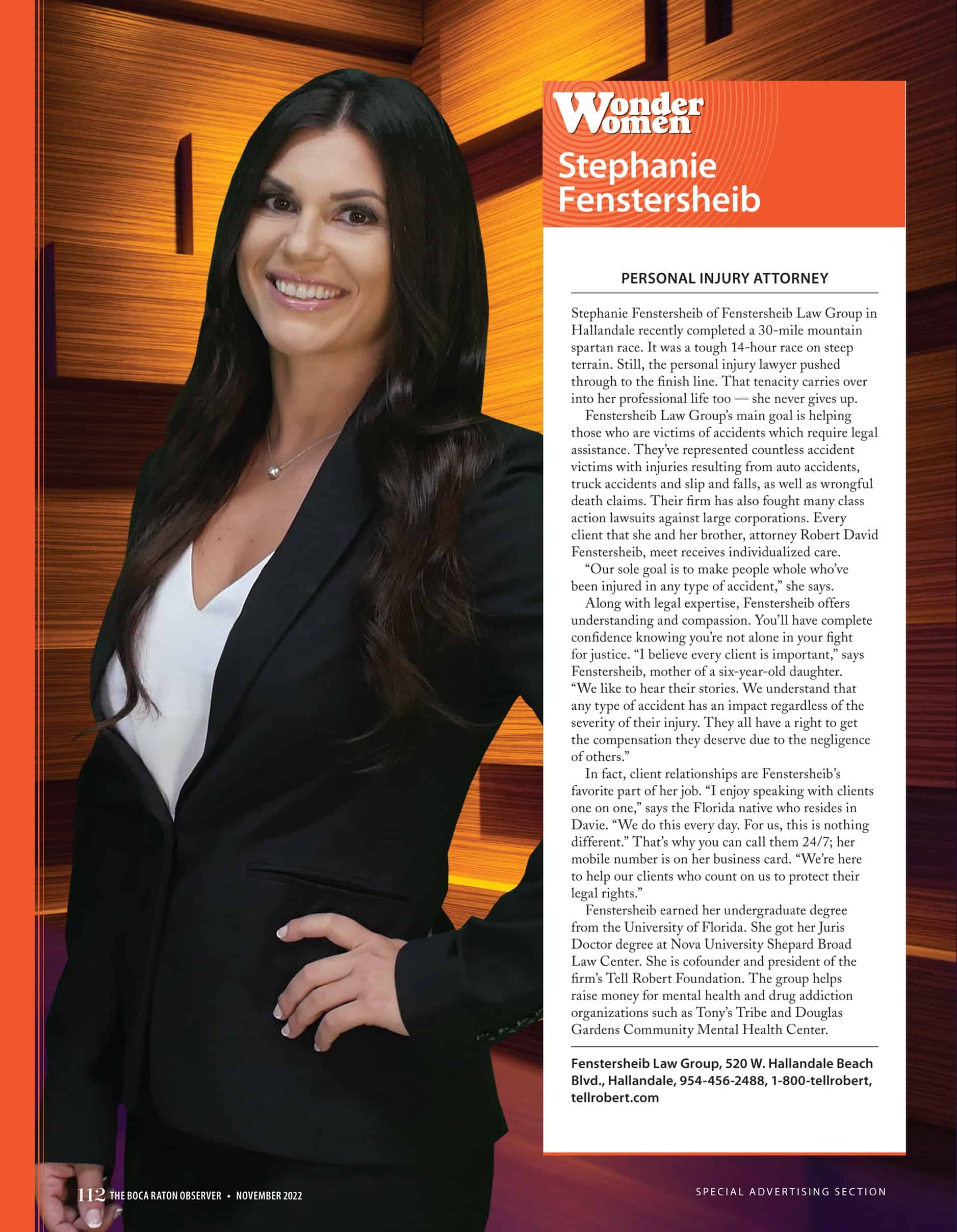Rideshare companies such as Uber and Lyft are relatively new business models within the transportation industry. Uber and Lyft are both expanding at a tremendous rate and, as they do, the laws that pertain to their services are changing and adapting. In the transportation services industry, most carriers are held liable for their passengers’ injuries, and as Uber and Lyft provide a transportation service, it was expected that they too would be liable. But the industry was a bit taken aback when Uber and Lyft did not fall in line with this expectation. Stating that their companies were merely providing the technology that united people for a common interest—traveling from one destination to another, Uber and Lyft bucked the system. Uber and Lyft sent their attorneys and lobbyists forward with the mission of influencing state lawmakers to consider their ridesharing companies in the same manner they would any common website, and thus exempt them from any extraneous legal responsibilities, putting the full liability upon the actual driver of the vehicle.
The stage was set, and it was clear that a battle was on the horizon. The Florida legislature decided to establish once and for all who exactly is responsible for the safety of riders. Uber and Lyft of course sought to place 100% of the liability upon the drivers, and with their powerful lobbying campaign, Uber and Lyft persuaded lawmakers to find in their favor. Florida’s governor, Rick Scott, wasted no time and signed the bill right away. The bill more clearly established liability as it pertains to drivers and their companies, and delineates when and exactly how Uber, Lyft, or other rideshare type companies, can be held responsible for an injury, or death, due to a driver’s actions.
More Information:
- What Families Need To Know About Wrongful Death Claims In Rideshare Accidents
- How Do Florida Laws Affect Rideshare Accidents Involving Tourists?
- Injured In A Rideshare Accident Without The App On?
- The Top 5 Mistakes That Could Ruin Your Rideshare Accident Claim
- Understanding Rideshare Accidents And Florida Laws
- Rideshare Accident Personal Injury Claims
- Rideshare Companies’ Insurance Policies In Florida
- Liability In A Florida Rideshare Accident
- Can You Seek Compensation For PTSD After A Rideshare Accident?
The Florida bill: House Bill 221:
The bill went into effect and stated the following:
- That transportation services such as Uber and Lyft would not be considered common carriers
- That their drivers would be classified as independent contractors, and companies such as Uber and Lyft would not be liable for any driver negligence that resulted in an accident
This decision set a new precedent for the transportation industry, the likes of which have never been seen before. Unlike before, where transportation companies, like the common taxi, were considered to be liable and responsible for the safety of their passengers. The ruling thus established that Uber and Lyft are insulated from this liability and cannot be sued for drivers’ negligence resulting in injury, or even death.
While this decision was a blow to passenger safety regulation in general, the bill does incorporate a modicum of conditional protections for passengers in Florida, mostly regarding required insurance.
The law in Florida has been updated to include the following requirements and guidelines:
- A driver is not required to have insurance other than a personal coverage policy if they are not actually logged in to their rideshare application.
- A driver is required to have only $50,000 coverage if they are officially logged in, have not yet accepted any ride requests but then choose to pick up a rider who doesn’t request a confirmation of the ride request.
- When a driver is officially logged in and then accepts the formal ride request on his or her application, at that point he or she is required to have $1,000,000 in coverage. Therefore, a rider in this case, who sustained injuries or damages would be able to count on $1,000,000 in coverage protecting them, regardless of a driver’s potentially inadequate personal vehicle insurance.
- As you can see, in several scenarios Uber and Lyft are insulated from liability. Only in situations where the ride is formally requested and then officially accepted via the application would warrant this required coverage. And this of course assumes that your rideshare driver has complied with their rideshare company’s stated policies.
- As any regular user of ridesharing applications knows, your actual driver may end up being someone you did not request at all, or someone who did not officially accept the ride request, and this could be a problem for you as a rider. You should only accept a ride that you officially request and is officially accepted through the actual ridesharing application.
- The current bill, House Bill 221, does detail some particular areas in which a seasoned personal injury lawyer might choose to look into, and potentially go after Uber or Lyft as an actual defendant in a case, but the bill as written is largely designed to push forward the business interests of these large ridesharing companies. Unfortunately the bill pushes profits over personal safety.
In regard to Personal Injury Protection (PIP) there is still ambiguity in how benefits are defined. The expectation is that a rideshare driver’s personal automobile insurance would deny any coverage claims because typically auto policies exclude the extension of coverage to the insured driver if that driver is using their vehicle in any commercial activity, such as driving for a rideshare company. Only in situations in which the driver has notified their insurer in advance of their intention of driving for a rideshare company such as Uber or Lyft, and the insurer acknowledges this and either amends the driver’s current policy to reflect that or issues a new policy to account for that, inclusive of an additional or new appropriate premium, would the driver’s policy then provide any coverage whatsoever to the rider.

Get your questions answered - call us for your FREE consultation at (954) 456-2488



